BRIEF RESEARCH REPORT
Published on 23 May 2022
Immersive Virtual Reality Serious Games With DL-Assisted Learning in High-Rise Fire Evacuation on Fire Safety Training and Research
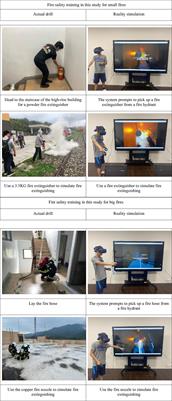
doi 10.3389/fpsyg.2022.786314
- 3,244 views
- 8 citations
62k
Total downloads
295k
Total views and downloads
Select the journal/section where you want your idea to be submitted:
BRIEF RESEARCH REPORT
Published on 23 May 2022

ORIGINAL RESEARCH
Published on 16 May 2022
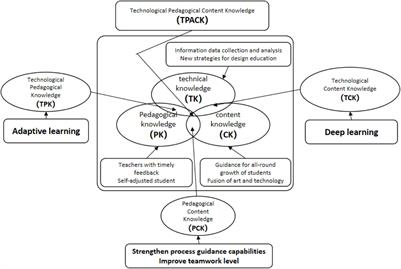
POLICY AND PRACTICE REVIEWS
Published on 25 Apr 2022
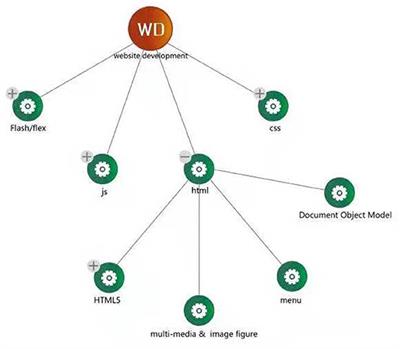
BRIEF RESEARCH REPORT
Published on 07 Apr 2022
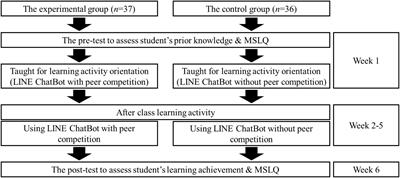
ORIGINAL RESEARCH
Published on 06 Apr 2022

ORIGINAL RESEARCH
Published on 05 Apr 2022
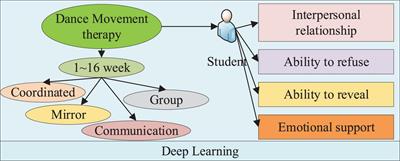
ORIGINAL RESEARCH
Published on 30 Mar 2022

ORIGINAL RESEARCH
Published on 25 Mar 2022

ORIGINAL RESEARCH
Published on 24 Mar 2022
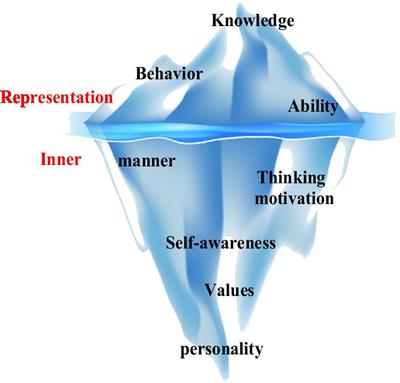
ORIGINAL RESEARCH
Published on 24 Mar 2022
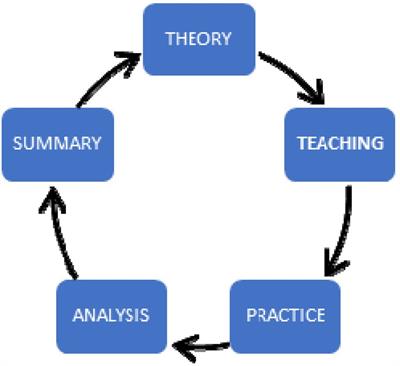
ORIGINAL RESEARCH
Published on 21 Mar 2022
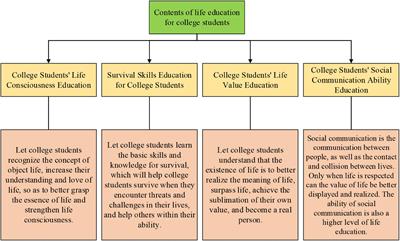
ORIGINAL RESEARCH
Published on 17 Mar 2022
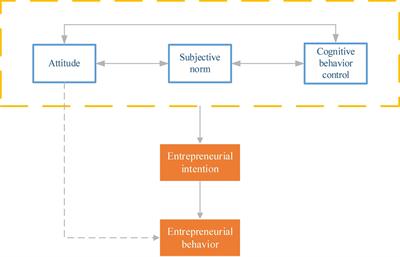

Frontiers in Computer Science
Frontiers in Education
Educational PsychologyOffline